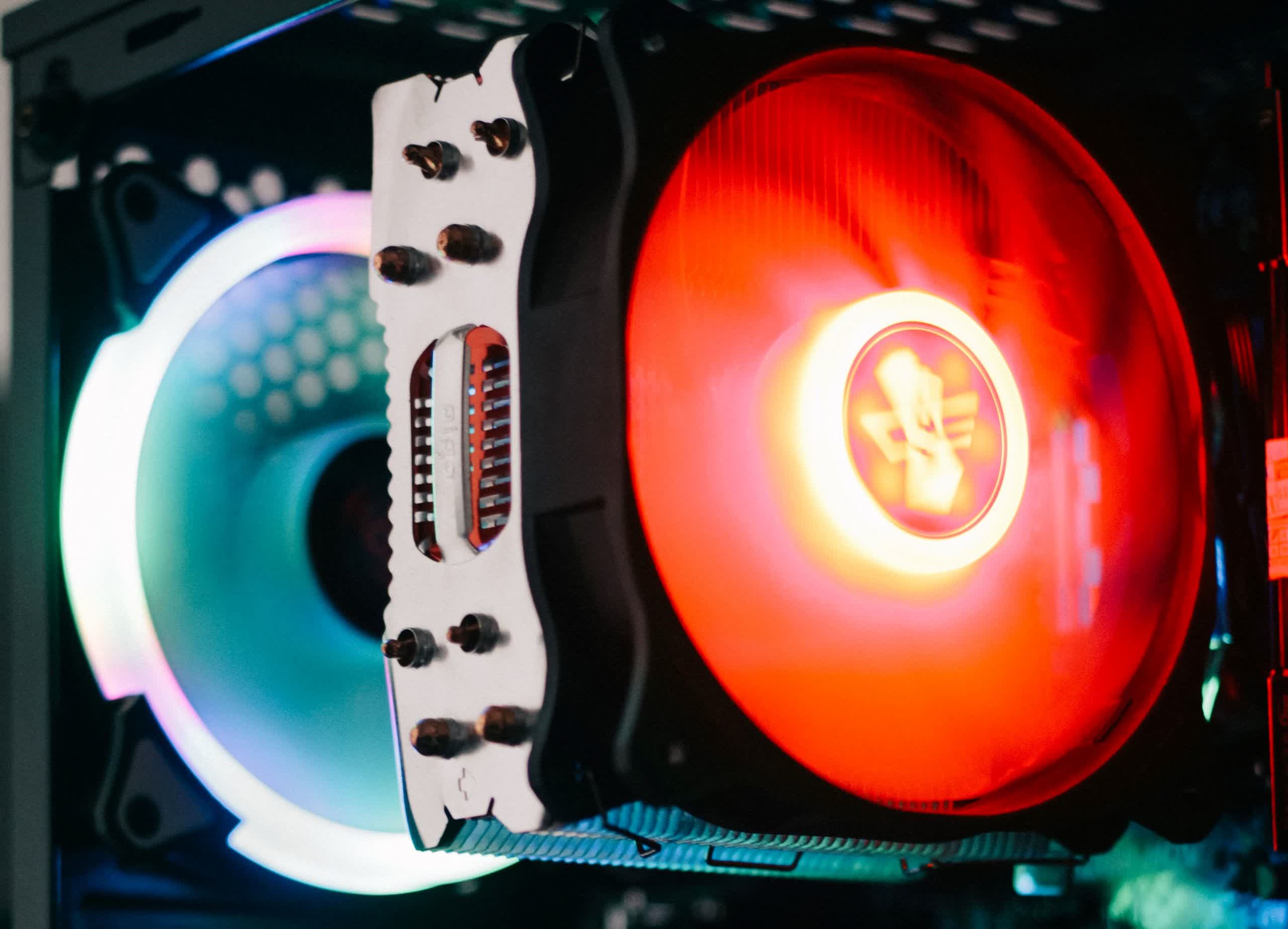Rumor mill: Intel recently sent samples of Alder Lake (12th-gen Core) processors to their partners, and with that some leaks have started on their specifications. At the moment, nothing but the core count of the 12900K has been verified by a database leak, though most of the information has been corroborated by multiple sources.

Some of the leaked specifications appear strange, but not in an unexpected way. Alder Lake CPUs have been confirmed by Intel to have Golden Cove and Gracemont cores inside, so each processor has two core counts and two clock speeds.
FYI Golden Cove cores are often called performance cores, p-cores, big cores, and capital "C" cores. Gracemont cores are called efficiency cores, e-cores, little cores, or lowercase "c" cores.
Golden Cove is the technical successor to Cypress Cove, used in 11th-gen Core CPUs. Golden Cove is a standard Intel architecture, fast and furious. Gracemont takes a different direction though: its cores are power-efficient, don’t have hyper-threading and are (seemingly) limited to about 4 GHz.
Gracemont cores theoretically unburden Golden Cove cores from enduring low-priority work like streaming music or downloading a file. They also supplement Golden Cove cores during heavily multi-threaded workloads like renders.
Core i9-12900K
| Golden Cove | Gracemont | |
|---|---|---|
| Cores / Threads | 8 / 16 | 8 / 8 |
| Boost Clock | 5.0 GHz | 3.7 GHz |
| Turbo Boost Clock | 5.3 GHz | 3.9 GHz |
| L3 Cache | 30 MB | |
| PL1 TDP | 125 W | |
| PL2 TDP | 228 W | |
Like AMD’s 5950X, the 12900K sports 16 cores, but unlike the 5950X, it’s got just 24 threads. The Golden Cove cores could contest the 5950X’s dominance in games, but it’s hard to say how much the Gracemont cores will contribute. At least they haven’t contributed much to the 12900K’s TDP, which remains the same as the 11900K’s.
Core i7-12700K
| Golden Cove | Gracemont | |
|---|---|---|
| Cores / Threads | 8 / 16 | 4 / 4 |
| Boost Clock | 4.7 GHz | 3.6 GHz |
| Turbo Boost Clock | 5.0 GHz | 3.8 GHz |
| L3 Cache | 25 MB | |
| PL1 TDP | 125 W | |
| PL2 TDP | 228 W | |
The 12700K is effectively a 12900K with half the number of Gracemont cores and slightly slower clock speeds. It’ll have worse multi-threaded performance but similar gaming performance, so it’s a potential high-end winner.
Core i5-12600K
| Golden Cove | Gracemont | |
|---|---|---|
| Cores / Threads | 6 / 12 | 4 / 4 |
| Boost Clock | 4.5 GHz | 3.4 GHz |
| Turbo Boost Clock | 4.9 GHz | 3.6 GHz |
| L3 Cache | 20 MB | |
| PL1 TDP | 125 W | |
| PL2 TDP | 228 W | |
The 12600K’s 10-core, 16-thread configuration is quite alien, but it occupies the same relative performance bracket as the 11600K and 10600K. Six Golden Cove cores are enough to prevent a game’s main threads from spilling onto the Gracemont cores, and they’re clocked just 10% slower than the 12900K’s.
In addition to some fairly compelling specifications, Alder Lake will be the first CPU series to support PCIe 5.0 and DDR5. Storage drives utilizing PCIe 5.0's speed are reported to be in the pipeline, while the first DDR5 modules are already available.
Intel has indicated that Alder Lake will release towards the end of 2021, coinciding with AMD’s usual release schedule. Previous rumors have also suggested that Intel could announce Alder Lake as soon as a couple of months from now.
Image credit: Aviv Rachmadian
https://www.techspot.com/news/90458-strange-intel-core-12900k-12700k-12600k-specs-have.html